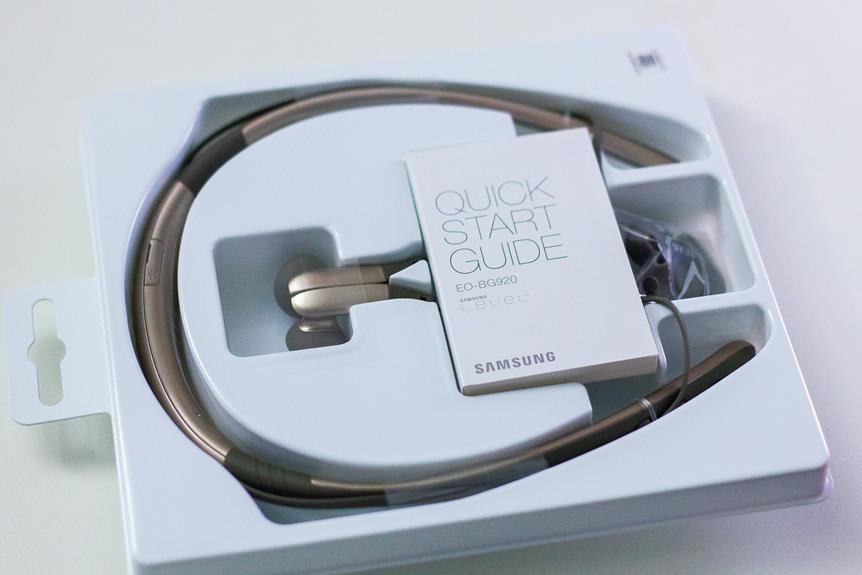Have you ever wanted to unlock the power of daily journaling? Well, you're in luck! This guide will show you how to tap into the transformative potential of journaling. By taking just a few minutes each day to reflect on your thoughts and experiences, you can improve your emotional well-being, boost your self-awareness, and enhance your creativity. Get ready to take control of your life and unleash your full potential through the simple act of putting pen to paper.
Key Takeaways
- Daily journaling can bring clarity and self-awareness by dedicating 10 minutes each day to the practice.
- Journaling helps identify patterns, emotions, and behaviors that may be holding you back.
- It serves as a creative outlet for thoughts and ideas, allowing for self-expression.
- Journaling promotes emotional and mental health by releasing pent-up emotions, reducing stress, and boosting mood.
Benefits of Daily Journaling Practice
Start reaping the benefits of daily journaling by setting aside just 10 minutes each day to reflect on your thoughts and experiences. Taking control of your life starts with gaining clarity and self-awareness, which can be achieved through the simple act of journaling. By putting pen to paper, you create a space for introspection and self-reflection, allowing you to identify patterns, emotions, and behaviors that may be holding you back. Journaling also provides a sense of control as you document your goals, aspirations, and progress. It allows you to track your growth over time and make adjustments as needed. Additionally, journaling can serve as a creative outlet, providing a space to express your thoughts, dreams, and ideas. So take charge of your life and experience the transformative power of daily journaling.
Emotional and Mental Health Benefits
Experience 5 significant emotional and mental health benefits through the practice of daily journaling. By committing to this practice, you gain control over your emotions and thoughts, leading to improved well-being. Firstly, journaling allows you to release pent-up emotions and reduce stress. As you write, you unload your worries onto the paper, providing a sense of relief and clarity. Secondly, it promotes self-reflection and self-awareness, helping you understand and manage your emotions more effectively. You become attuned to your triggers and can develop healthier coping mechanisms. Thirdly, journaling boosts your mood and enhances positivity as you focus on gratitude and positive experiences. It cultivates a positive mindset and encourages optimism. Fourthly, it improves problem-solving skills by providing a space for brainstorming and finding solutions. Lastly, journaling enhances creativity and self-expression, giving you the freedom to explore your thoughts and emotions. Take control of your emotional and mental well-being by incorporating daily journaling into your routine.
Improved Self-Awareness and Reflection
Develop a deeper understanding of yourself and your emotions through the practice of daily journaling. By engaging in regular introspection and reflection, you gain the ability to observe your thoughts and feelings objectively. This heightened self-awareness allows you to identify patterns, triggers, and recurring behaviors that may be influencing your life. As you write about your experiences, thoughts, and emotions, you can analyze and dissect them, gaining valuable insights into your own motivations and reactions. This self-reflection empowers you to take control of your actions and make more informed decisions. By cultivating a habit of daily journaling, you create a safe space to process your thoughts and emotions, ultimately leading to a greater sense of self-awareness and personal growth.
Enhanced Creativity and Problem-Solving Skills
To enhance your creativity and problem-solving skills, incorporate daily journaling into your routine. Journaling provides a structured outlet for your thoughts and ideas, allowing you to explore different perspectives and uncover innovative solutions. Here are two ways in which daily journaling can enhance your creativity and problem-solving skills:
- Brainstorming: Use your journal as a brainstorming tool to generate new ideas. Jot down any thoughts or concepts that come to mind, without judgment or limitations. This process helps you tap into your creative potential and think outside the box.
- Analytical Reflection: Use your journal to analyze and reflect on challenges or problems you encounter. By writing about the issue, you can gain clarity and identify potential solutions. Writing also helps organize your thoughts, enabling you to approach the problem from a logical and strategic standpoint.
Increased Productivity and Goal Achievement
Boost your efficiency and reach your goals with the power of daily journaling. By making journaling a regular practice, you take control of your time and tasks, leading to increased productivity. Start each day by writing down your goals and priorities, creating a clear roadmap for your day. As you journal, track your progress and reflect on what worked well and what didn't, allowing you to make necessary adjustments. Take advantage of journaling's ability to help you prioritize tasks and stay focused, eliminating distractions that hinder your productivity. Use your journal to break down big goals into smaller, manageable tasks, making them less overwhelming and more achievable. With daily journaling, you'll enhance your productivity and take steady steps towards reaching your goals.
